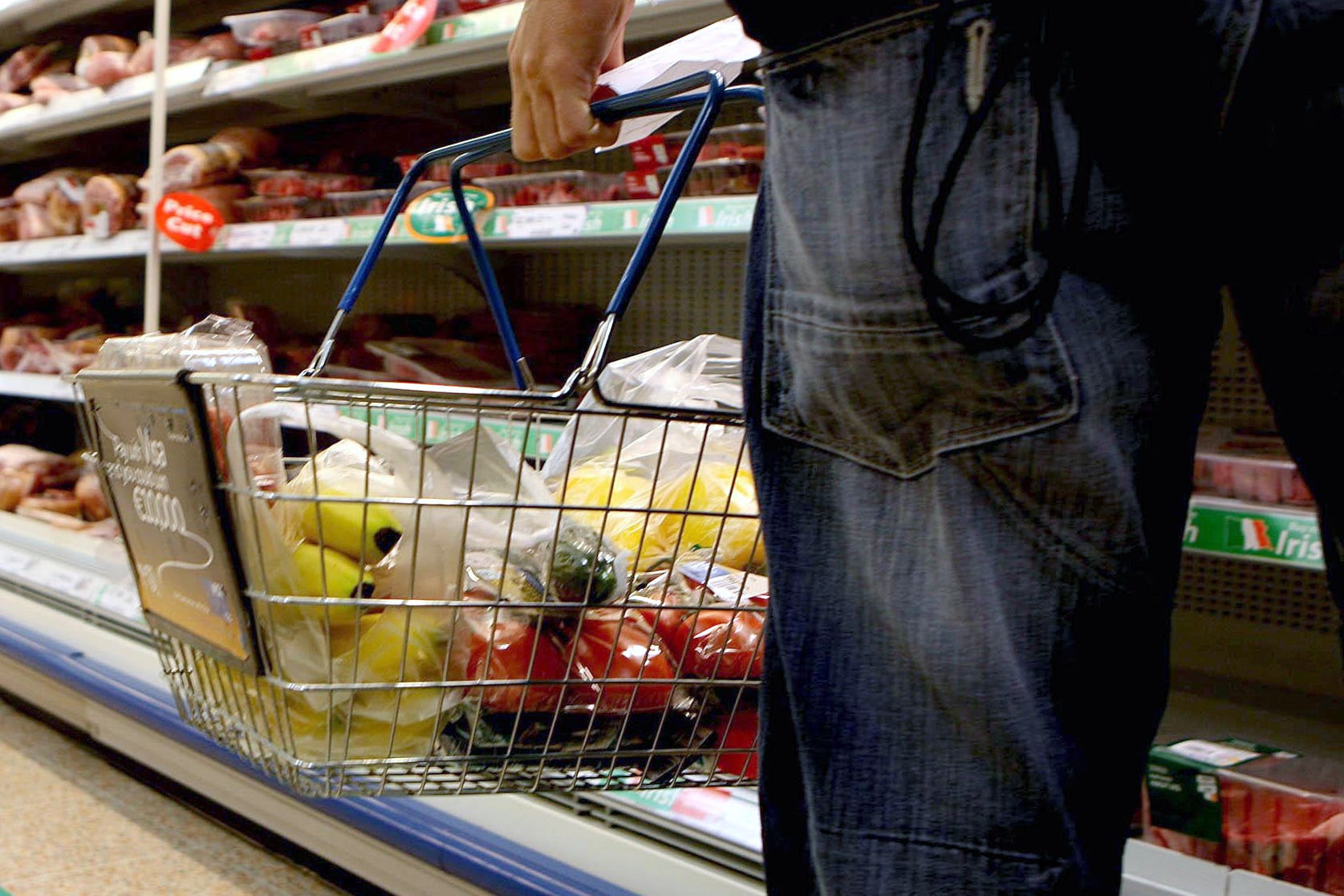UK food inflation hits record high of 11.6% as prices of basics from tea bags to sugar soar
Overall shop prices are now 6.6% higher than they were this time last year
Your support helps us to tell the story
From reproductive rights to climate change to Big Tech, The Independent is on the ground when the story is developing. Whether it's investigating the financials of Elon Musk's pro-Trump PAC or producing our latest documentary, 'The A Word', which shines a light on the American women fighting for reproductive rights, we know how important it is to parse out the facts from the messaging.
At such a critical moment in US history, we need reporters on the ground. Your donation allows us to keep sending journalists to speak to both sides of the story.
The Independent is trusted by Americans across the entire political spectrum. And unlike many other quality news outlets, we choose not to lock Americans out of our reporting and analysis with paywalls. We believe quality journalism should be available to everyone, paid for by those who can afford it.
Your support makes all the difference.Food inflation soared to a record 11.6 per cent in October as even basics such as tea bags, milk and sugar saw significant price rises.
Overall shop prices are now 6.6 per cent higher than they were this time last year – also a record – but food inflation jumped well above September’s 10.6 per cent and the three-month average rate of 9.7 per cent, according to the British Retail Consortium (BRC)-Nielsen Shop Price Index.
Fresh food prices are now 13.3 per cent more than last October, up from 12.1 per cent in September. Non-food inflation accelerated to 4.1 per cent, up from 3.3 per cent.
BRC chief executive Helen Dickinson said: “It has been a difficult month for consumers who not only faced an increase in their energy bills, but also a more expensive shopping basket.
“Prices were pushed up because of the significant input cost pressures faced by retailers due to rising commodity and energy prices and a tight labour market.
“While some supply chain costs are beginning to fall, this is more than offset by the cost of energy, meaning a difficult time ahead for retailers and households alike.”
Mike Watkins, head of retailer and business insight at NielsenIQ, said: “External factors are keeping shop price inflation at record highs and the challenging economic conditions are significantly impacting consumer confidence and retail spend.
“With pressure growing on discretionary spend across both non-food and food retail, delivering good value is the table stake in the battle for shopper loyalty over the next eight weeks.”

Rachel Bull, head of policy and research at the Trussell Trust said: “Across the UK people are struggling with the impact of inflation on the soaring cost of living, but there is no doubt that people on the lowest incomes are facing the toughest challenges.
“For the first time food banks are telling us that need for emergency food is outstripping donations for food parcels as the cost of living crisis leads to a drastic increase in the number of people forced to turn to charity for support.
“In August and September 2022 food banks in the Trussell Trust network distributed 46 per cent more emergency food parcels than the same period in the previous year.
“Food banks are preparing for the busiest and toughest winter yet as they expect to distribute more than 1.3 million emergency food parcels over the next six months – more than half a million of these parcels will be for children.
“We know it doesn’t have to be this way, the UK government has shown that the right support, at the right time, can help people out of hardship. That’s why we’re urgently calling on them to do what’s right and provide a package of support directly targeted at people on the lowest income to support them through this challenging time.
“Beyond this, we want to see a long-term commitment that benefit rates will always be enough to afford the essentials.”



Join our commenting forum
Join thought-provoking conversations, follow other Independent readers and see their replies
Comments